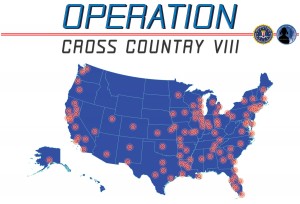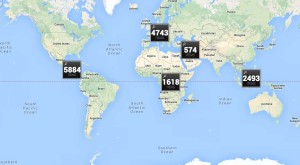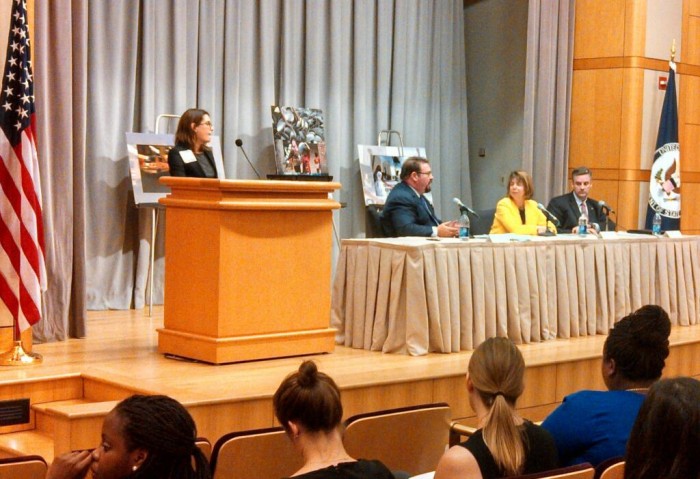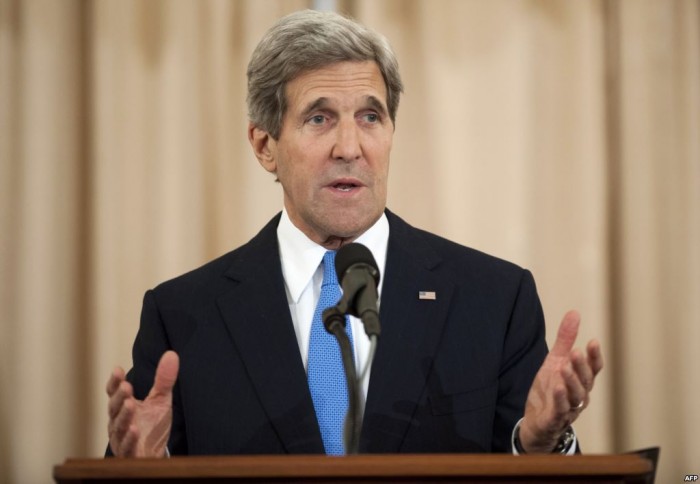We would like to take time this month to affirm and recognize a true Defender and an incredibly influential Ambassador of Hope. Through his actions, Walt Schulcz has shown that he is a true Defender that brings a message of hope to all. Over time, Walt has influenced thousands of people. From schools to churches, and individuals to small groups, Walt and his wife are committed to addressing the issue of domestic minor sex trafficking. Their work is incredible, and for that we are forever grateful. Let Walt be an example to us all.
Walt has shown us that any man can do something about human trafficking. Walt is the perfect example of a Defender who utilizes Shared Hope resources so that he can save the lives of those around him.
In just a small period of time, Walt and his wife have shown countless showings of the documentary Chosen (well over 20 presentations). In just one month alone, they showed the documentary to over 600 teens and adults. In this time, they also got Chosen into a school system for kids in 7th-12th grade. Walt is consistently thinking about how he can reach out and raise awareness about trafficking.
By showing so many screenings of Chosen, Walt has got into his “awareness groove” and he has created an effective presentation style that works for him. Walt is doing lots of effective communication as a result, and he is even working on getting Chosen into his local movie theater!
The list doesn’t end there, however. Walt has also helped identify potential victims of trafficking, he’s made relationships with school superintendents, he has presented to DHS workers—the list goes on and on.
Please, take the time to thank Walt today in the comments section of this blog. Walt, you are truly setting an example, and for that we are grateful. Together, with men like you, we can end the demand for domestic minor sex trafficking.


 In attendance were more than 70 people from over 15 countries representing government, law enforcement and non-governmental agencies. The purpose of this strategy meeting was to discuss the activities of the countries represented with respect to tracking the travel of TSOs from one country to another and notification of that travel to destination countries. It should be noted that it was accepted as a premise that the problem of TSOs is linked to the problem of human trafficking, particularly the trafficking and sexual abuse of children.
In attendance were more than 70 people from over 15 countries representing government, law enforcement and non-governmental agencies. The purpose of this strategy meeting was to discuss the activities of the countries represented with respect to tracking the travel of TSOs from one country to another and notification of that travel to destination countries. It should be noted that it was accepted as a premise that the problem of TSOs is linked to the problem of human trafficking, particularly the trafficking and sexual abuse of children.







